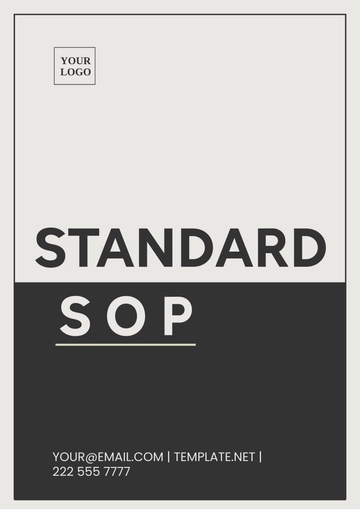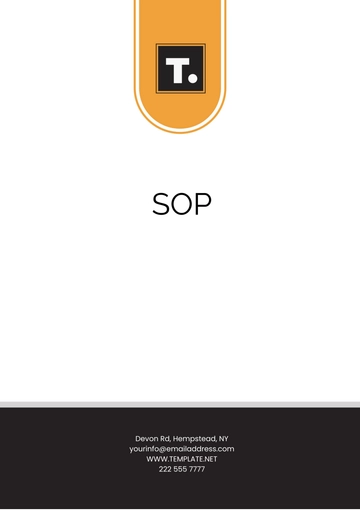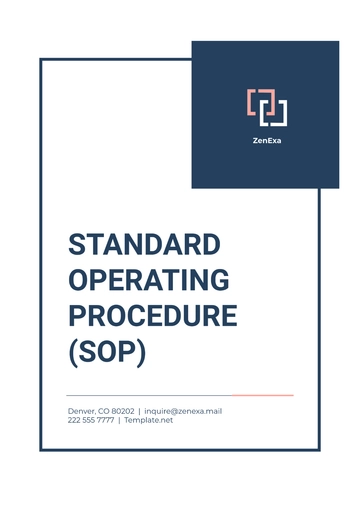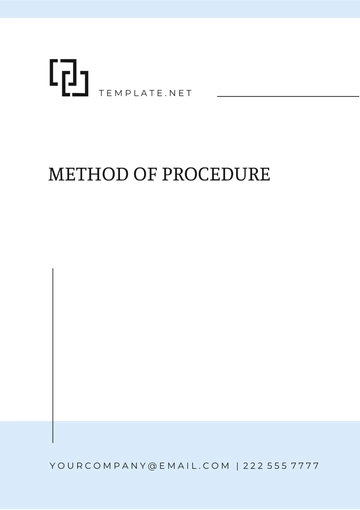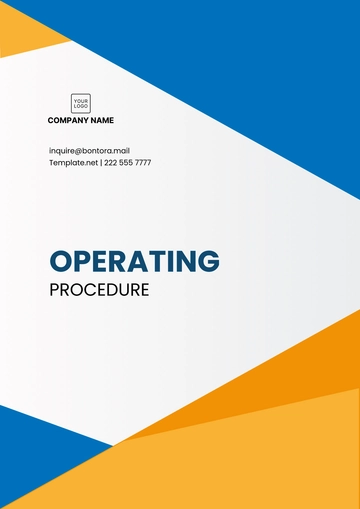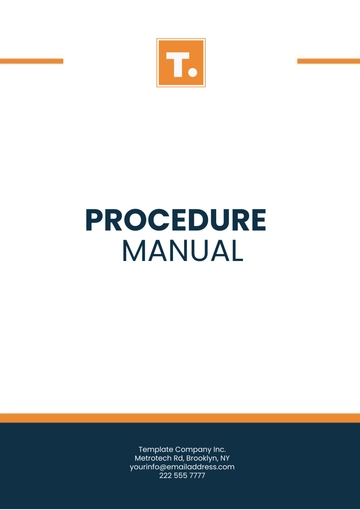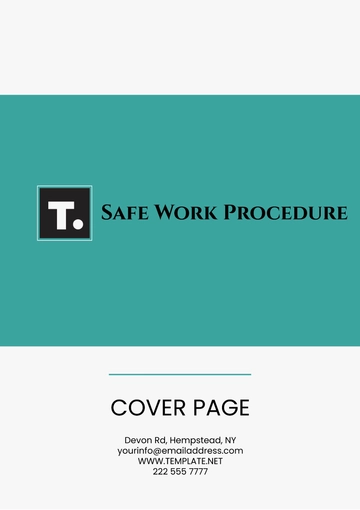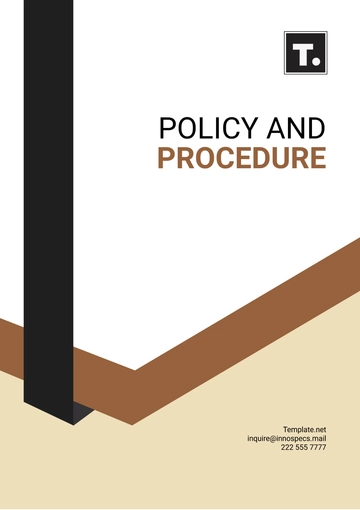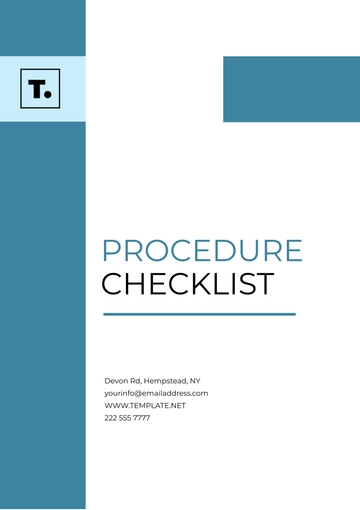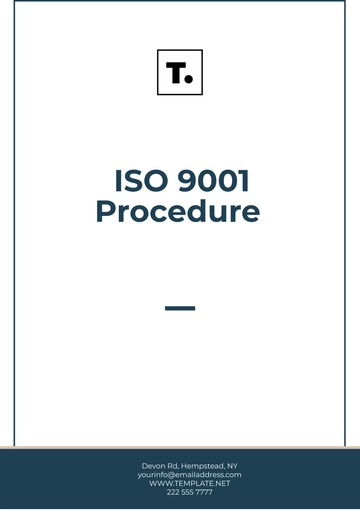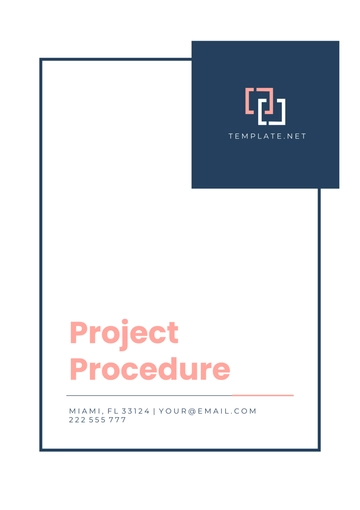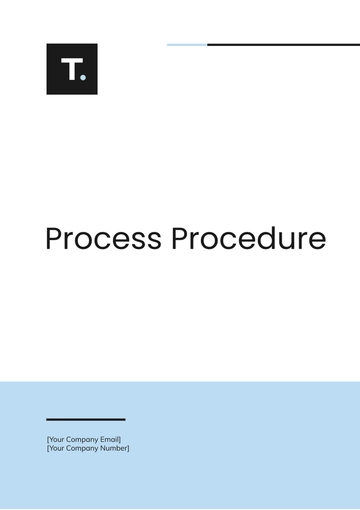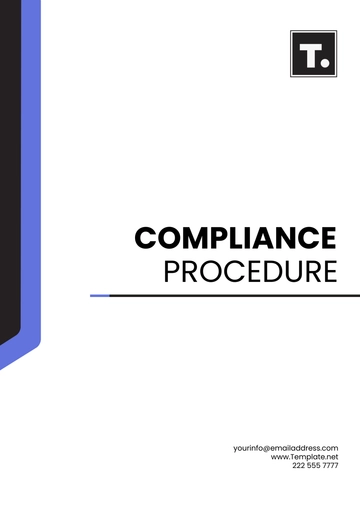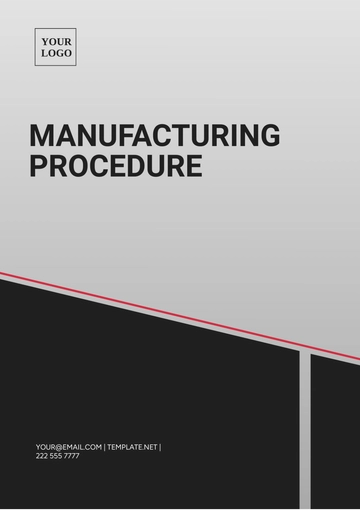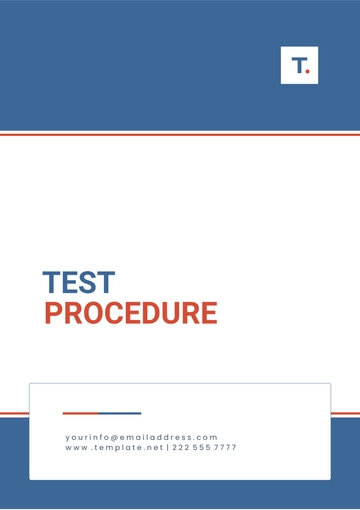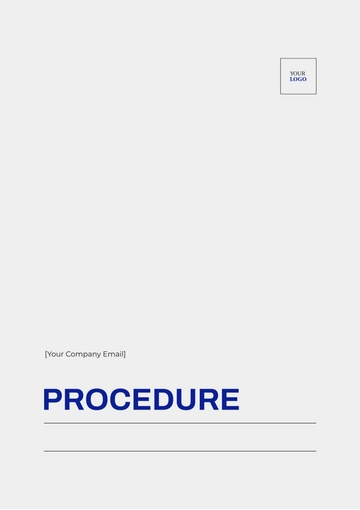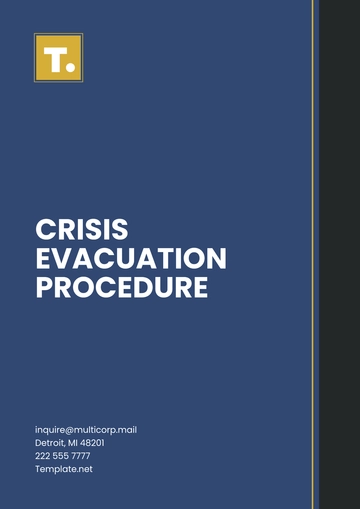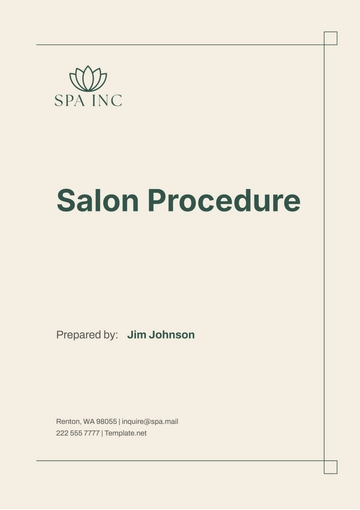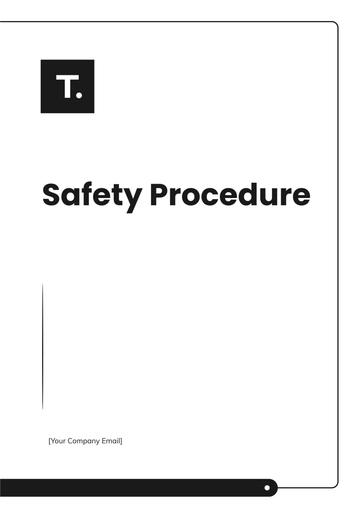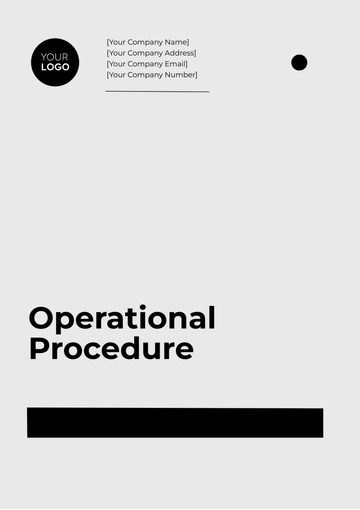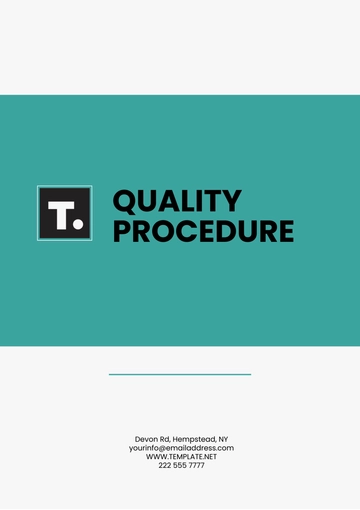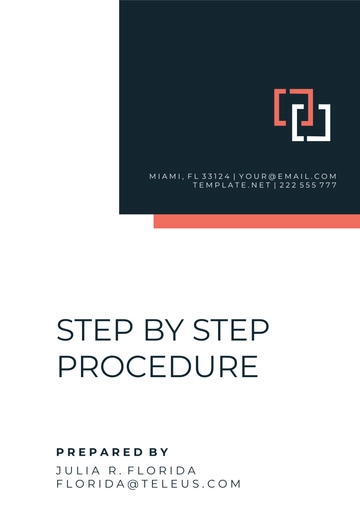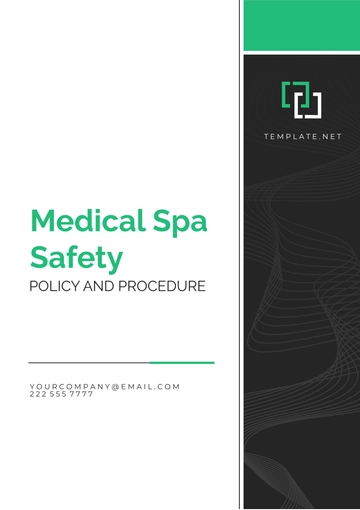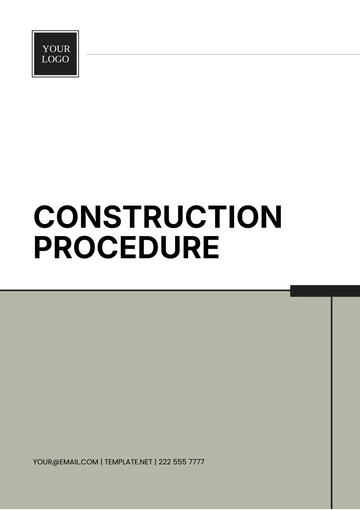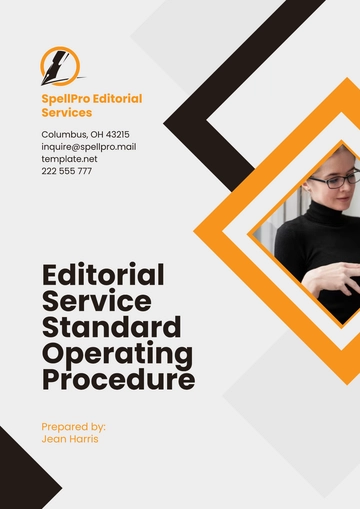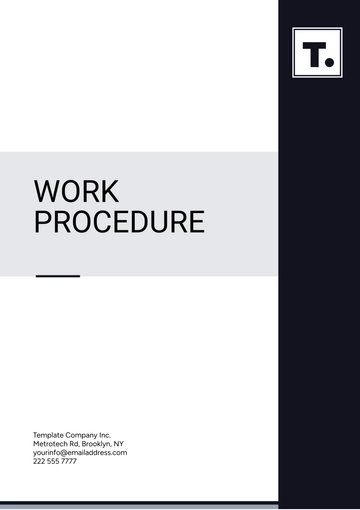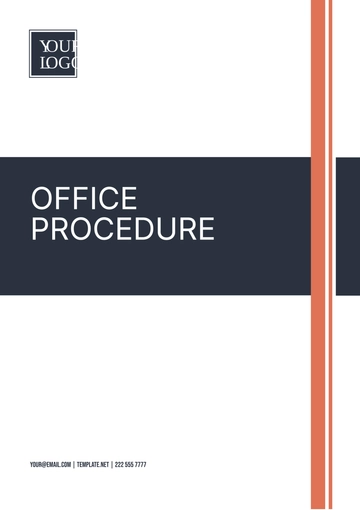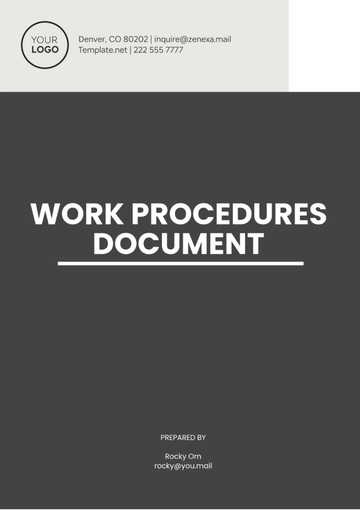Free Nursing Home Job Procedure
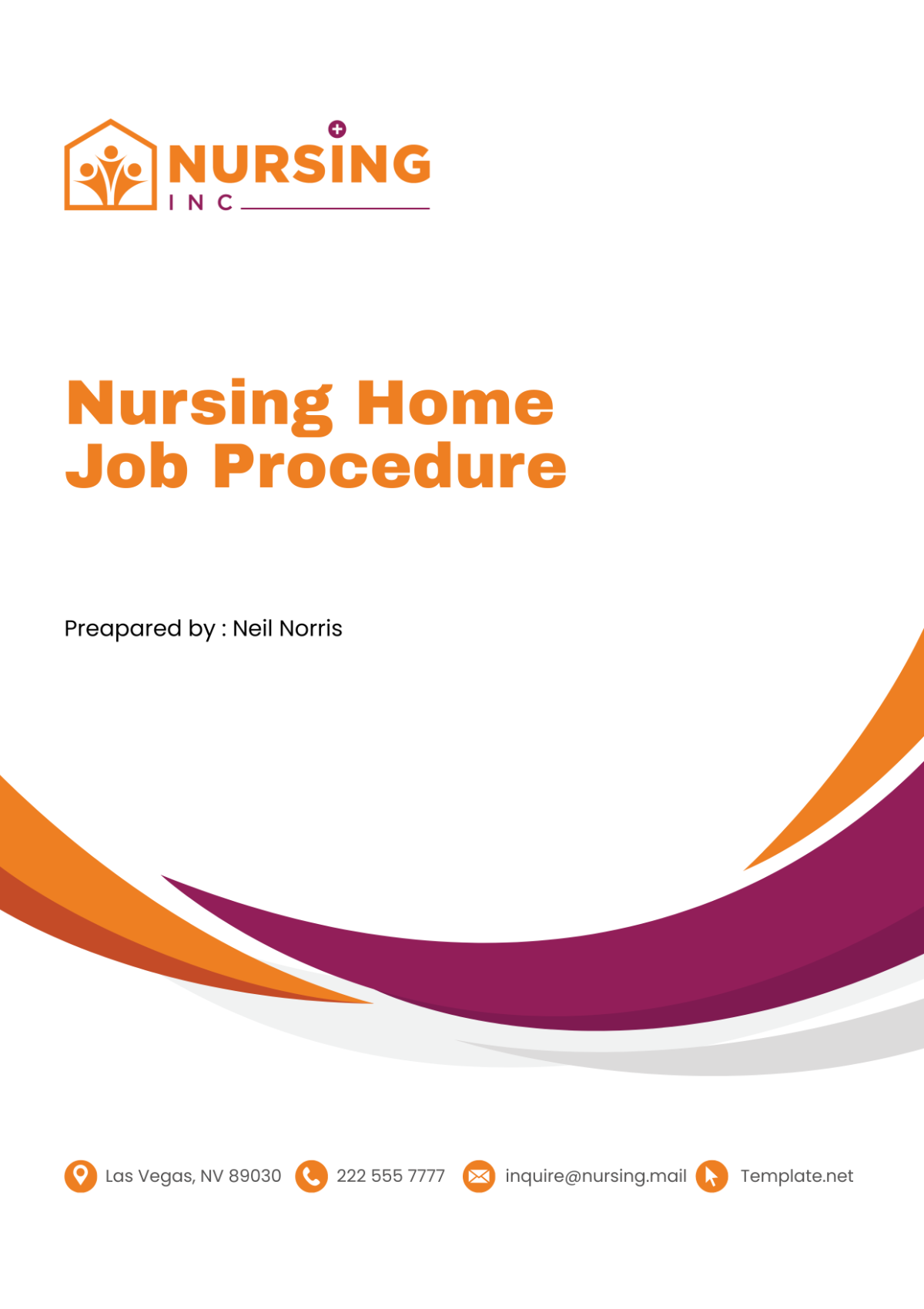
I. Introduction
This Nursing Home Job Procedure is designed to outline the essential tasks and responsibilities associated with your position within [Your Company Name]. By adhering to these procedures, you will help ensure the safety, well-being, and comfort of our residents while upholding the highest standards of professionalism and quality care.
II. Patient Care
Assistance with Activities of Daily Living (ADLs):
Assist residents with bathing, dressing, grooming, and toileting as needed.
Provide support with mobility, including transferring residents from beds to chairs or wheelchairs.
Encourage independence while offering assistance when necessary.
Medication Administration:
Administer medications accurately and in accordance with physician orders and facility policies.
Document medication administration promptly and accurately, including any refusals or missed doses.
Monitor residents for any adverse reactions to medications and report any concerns to the nursing staff.
Monitoring Health Status:
Regularly assess residents' physical and mental health status.
Monitor vital signs and report any abnormalities to the nursing supervisor.
Document observations and changes in residents' conditions in their medical records.
Feeding Assistance:
Assist residents with eating and drinking as needed.
Follow dietary restrictions and preferences outlined in residents' care plans.
Monitor intake and report any concerns about poor appetite or difficulty swallowing.
Emotional Support:
Provide emotional support to residents by actively listening to their concerns and offering comfort and reassurance.
Engage residents in meaningful conversations and activities to promote socialization and reduce feelings of isolation.
Fall Prevention:
Implement fall prevention strategies by keeping walkways clear of obstacles and ensuring that residents have access to mobility aids such as walkers or wheelchairs.
Conduct regular assessments of residents' fall risk factors and collaborate with the interdisciplinary team to develop individualized fall prevention plans.
III. Documentation
Record-Keeping:
Maintain accurate and up-to-date records of patient care activities.
Document vital signs, medication administration, and any changes in residents' conditions.
Ensure that all documentation is complete, legible, and in compliance with legal and regulatory requirements.
Communication Logs:
Use communication logs to record important information such as resident preferences, concerns, and updates.
Share relevant information with other members of the healthcare team during shift changes and handoffs.
IV. Communication
Interactions with Residents:
Communicate respectfully and effectively with residents, addressing them by their preferred names and using clear, simple language.
Listen actively to residents' concerns and preferences, and respond empathetically.
Provide emotional support and reassurance to residents as needed.
Communication with Families:
Keep families informed about their loved one's condition and any changes in their care plan.
Encourage family members to communicate their concerns and preferences, and address them promptly and respectfully.
V. Safety and Infection Control
Hand Hygiene and Personal Protective Equipment (PPE):
Adhere to hand hygiene protocols, including washing hands with soap and water or using alcohol-based hand sanitizer.
Wear appropriate PPE when providing care to residents, including gloves, gowns, masks, and eye protection as needed.
Environmental Safety:
Keep resident rooms and common areas clean and free from hazards.
Report any safety concerns or maintenance issues to the appropriate staff members.
Emergency Procedures:
Familiarize yourself with emergency procedures for fires, severe weather, and other emergencies.
Know the location of emergency exits, fire extinguishers, and other safety equipment.
VI. Training and Education
Ongoing Training:
Participate in training sessions and educational programs to enhance your skills and knowledge.
Stay informed about changes in policies, procedures, and best practices in nursing home care.
Mentoring and Support:
Provide guidance and support to less experienced staff members.
Seek guidance from supervisors or other experienced staff members when needed.
VII. Quality Improvement
Our quality improvement initiatives are as follows:
Participation in regular quality improvement meetings
Conducting resident satisfaction surveys
Analyzing incident reports to identify areas for improvement
Implementing evidence-based practices to enhance resident care
Engaging in peer review and feedback sessions
Collaborating with other healthcare professionals to implement best practices
Monitoring and evaluating the effectiveness of implemented improvements
VIII. Ethical and Legal Responsibilities
Resident Rights:
Respect and uphold the rights of residents, including the right to privacy, dignity, autonomy, and confidentiality.
Ensure that residents are treated with respect and are provided with opportunities to make decisions about their care and daily activities.
Advocate for residents' rights and intervene if you observe any violations or concerns.
Confidentiality and Privacy:
Maintain strict confidentiality regarding residents' personal and medical information, adhering to HIPAA regulations and facility policies.
Only share information with authorized individuals involved in the resident's care, ensuring that sensitive information is not disclosed to unauthorized parties.
Respect residents' privacy during care activities and when discussing their medical conditions or personal matters.
Informed Consent:
Obtain informed consent from residents or their legal representatives before initiating any medical treatments, procedures, or interventions.
Provide residents with clear and understandable information about the risks, benefits, and alternatives to proposed treatments, allowing them to make informed decisions about their care.
Advance Directives and End-of-Life Care:
Respect residents' advance directives and preferences regarding end-of-life care.
Ensure that residents' wishes regarding resuscitation, life-sustaining treatments, and other medical interventions are documented and followed.
Provide compassionate and supportive care to residents and their families during the end-of-life process, honoring their cultural, spiritual, and emotional needs.
Abuse and Neglect Prevention:
Recognize the signs and symptoms of abuse, neglect, and exploitation, and promptly report any suspected cases to the appropriate authorities.
Take immediate action to protect residents from harm or mistreatment, including notifying supervisors and following facility protocols for addressing allegations of abuse or neglect.
Participate in abuse prevention training and education to enhance awareness and understanding of resident rights and protection.
Professional Boundaries:
Maintain professional boundaries with residents and their families, refraining from engaging in personal relationships or activities that may compromise the therapeutic relationship.
Avoid situations that could create conflicts of interest or undermine the trust and integrity of the caregiving relationship.
Seek guidance from supervisors or ethical committees if you encounter situations that raise ethical or boundary-related concerns.
Legal Compliance:
Adhere to all applicable laws, regulations, and professional standards governing nursing home care, including state licensing requirements and federal regulations.
Stay informed about changes in laws and regulations related to healthcare delivery, documentation, reimbursement, and resident rights, ensuring compliance with updated requirements.
Cooperate with regulatory agencies and accrediting bodies during inspections, audits, and investigations, providing accurate and timely information as requested.
Documentation and Record-Keeping:
Maintain accurate and thorough documentation of all resident care activities, assessments, treatments, and interactions.
Ensure that documentation is completed in a timely manner, following facility policies and regulatory guidelines for record-keeping.
Use objective, factual language in documentation, avoiding subjective interpretations or assumptions that could be misleading or inaccurate.
Continuous Ethical Reflection and Improvement:
Engage in ongoing reflection and dialogue about ethical dilemmas and challenges encountered in nursing home care.
Seek guidance from ethics committees, interdisciplinary teams, or professional associations when faced with complex ethical issues or conflicting moral obligations.
Participate in ethical decision-making processes aimed at promoting resident-centered care, justice, and respect for human dignity.
- 100% Customizable, free editor
- Access 1 Million+ Templates, photo’s & graphics
- Download or share as a template
- Click and replace photos, graphics, text, backgrounds
- Resize, crop, AI write & more
- Access advanced editor
Standardize job procedures in nursing home settings with Template.net's Nursing Home Job Procedure Template. Editable in our AI Editor Tool, this customizable template provides a structured format for documenting step-by-step instructions and best practices for various job roles within the nursing home, ensuring consistency and efficiency in operations. Enhance training and streamline workflows with Template.net!
